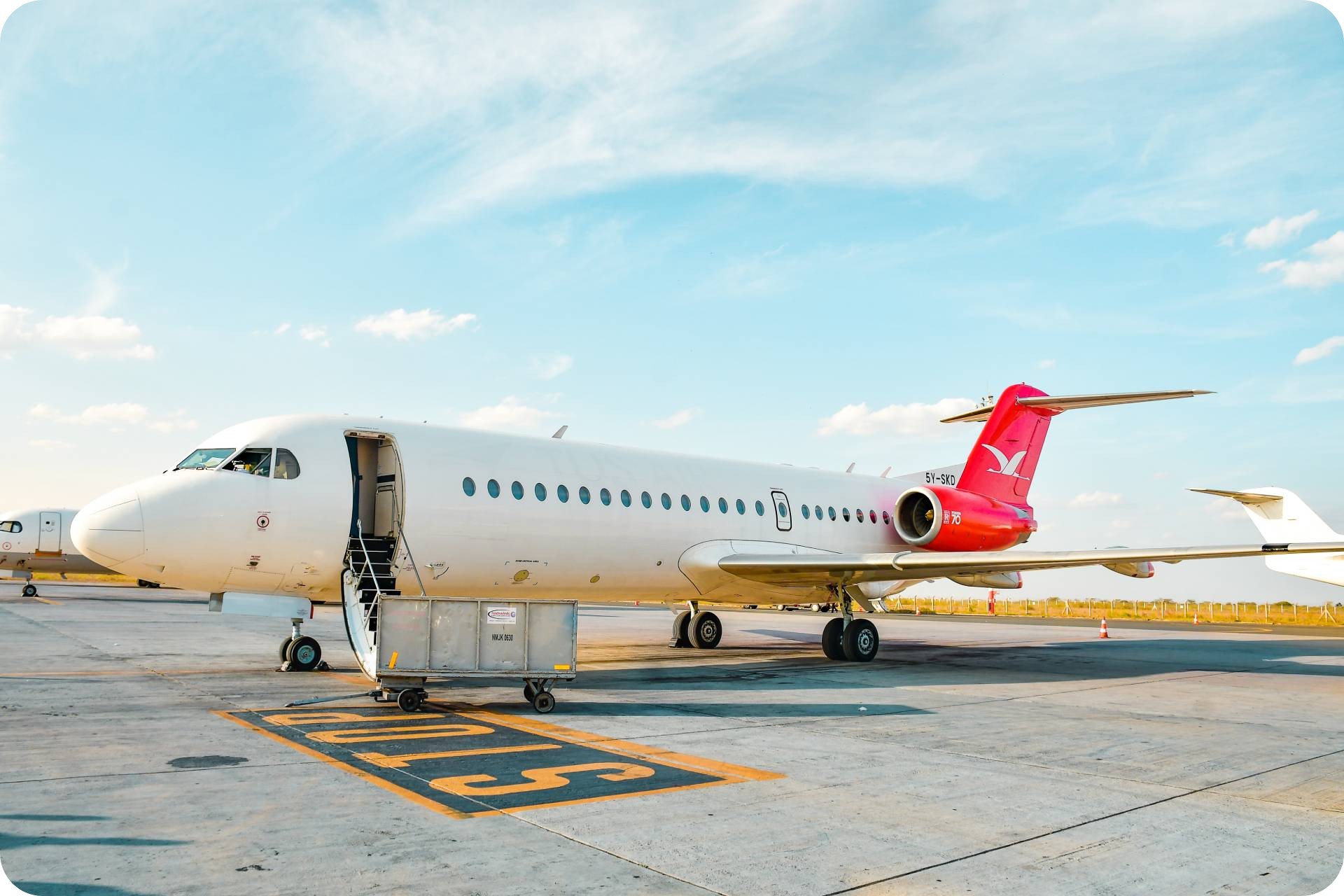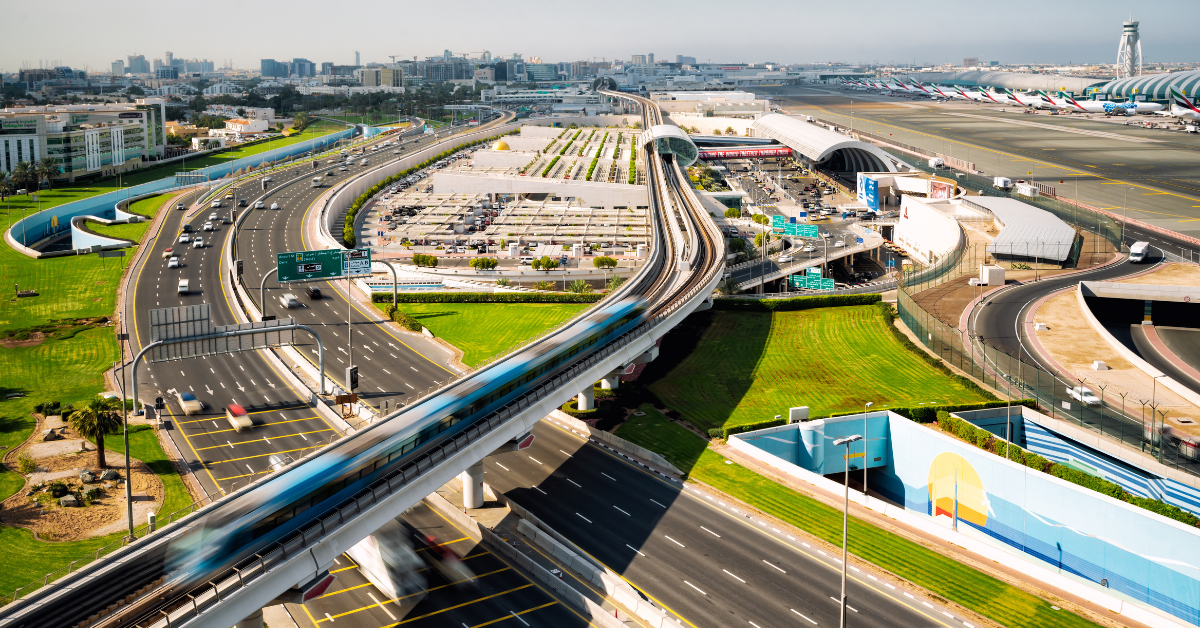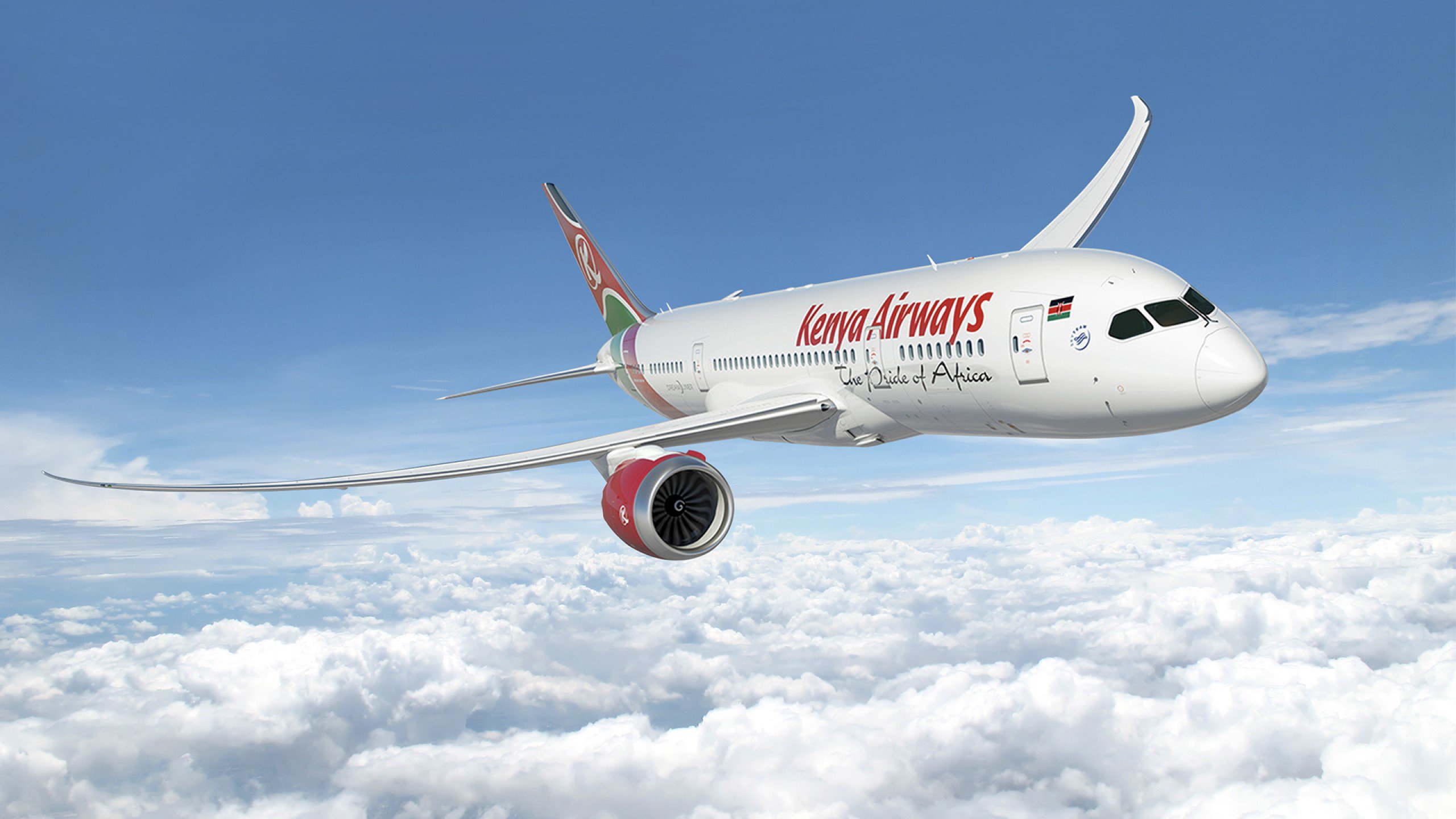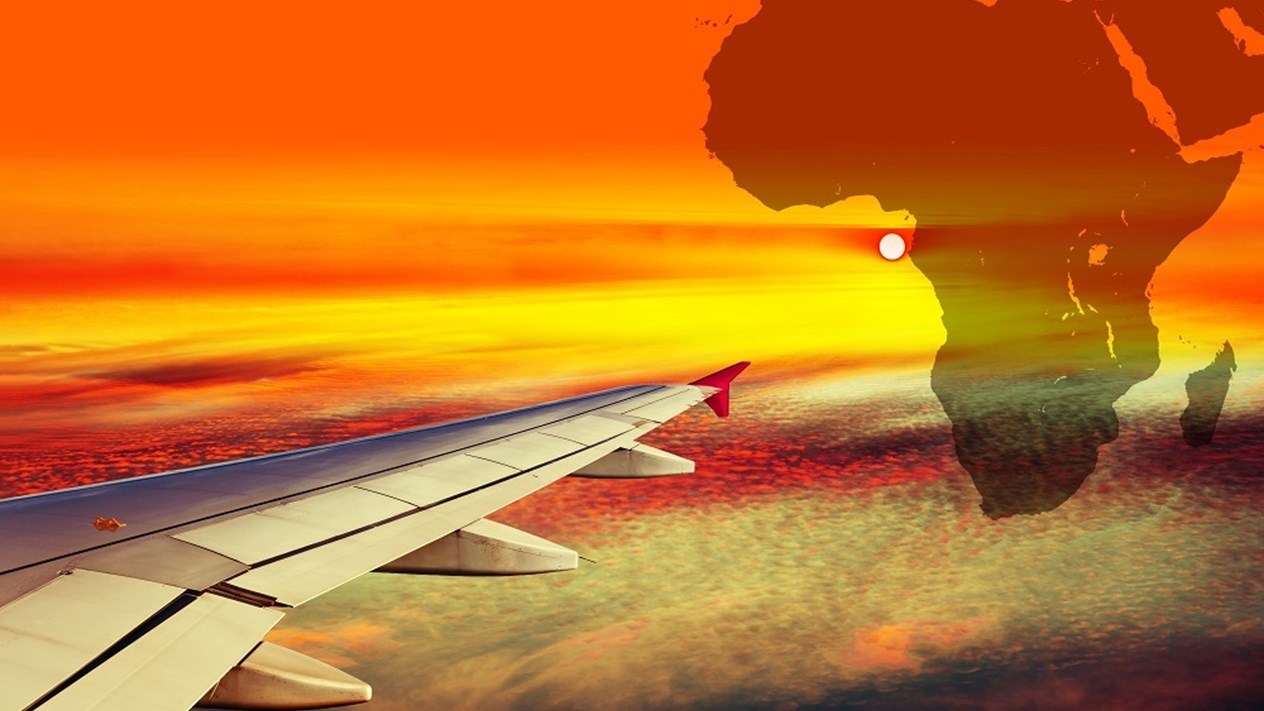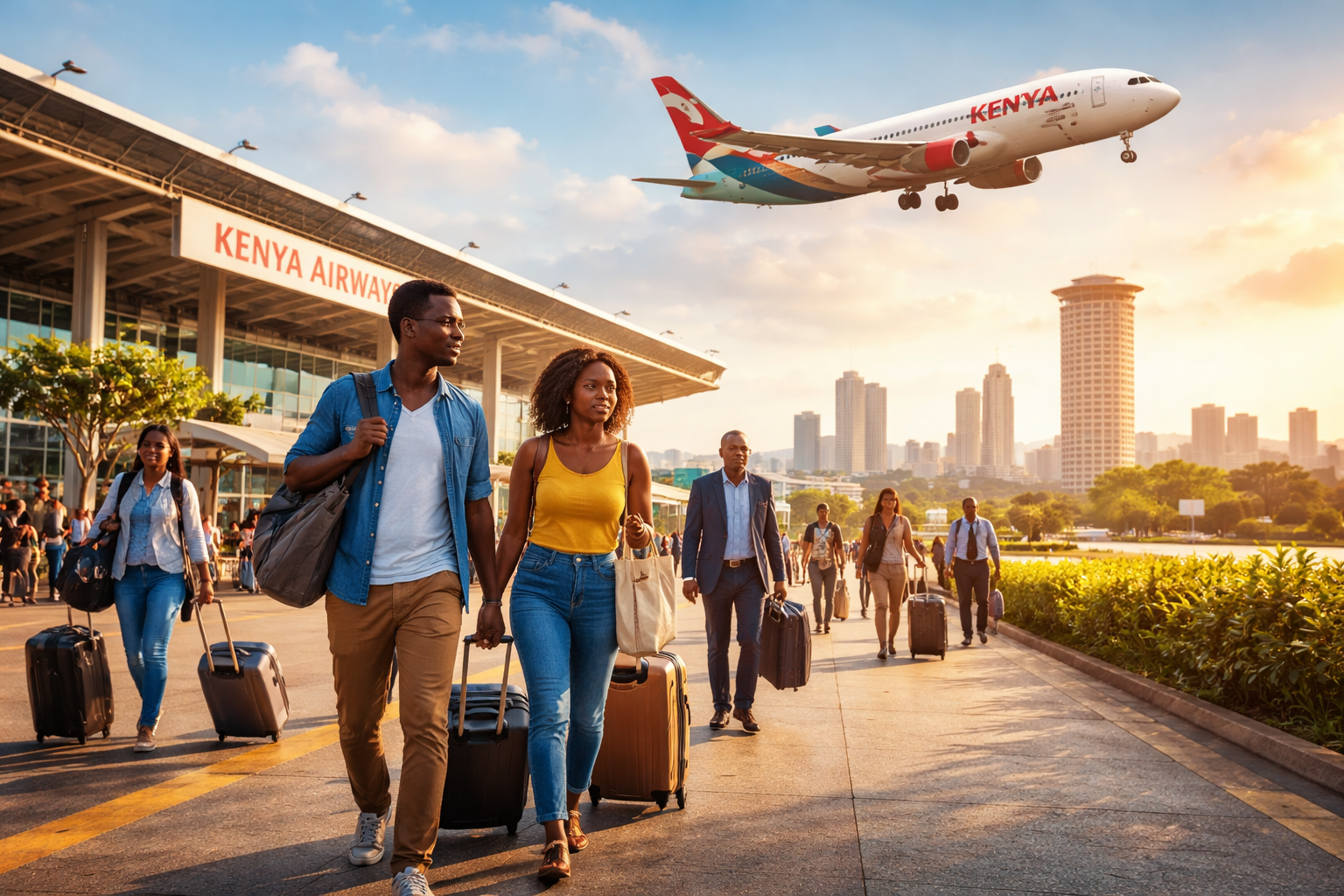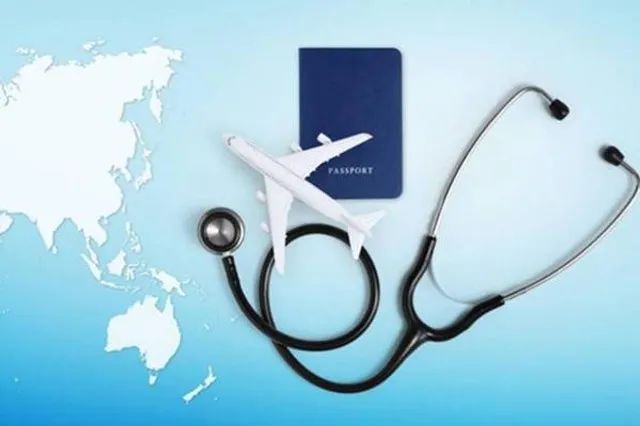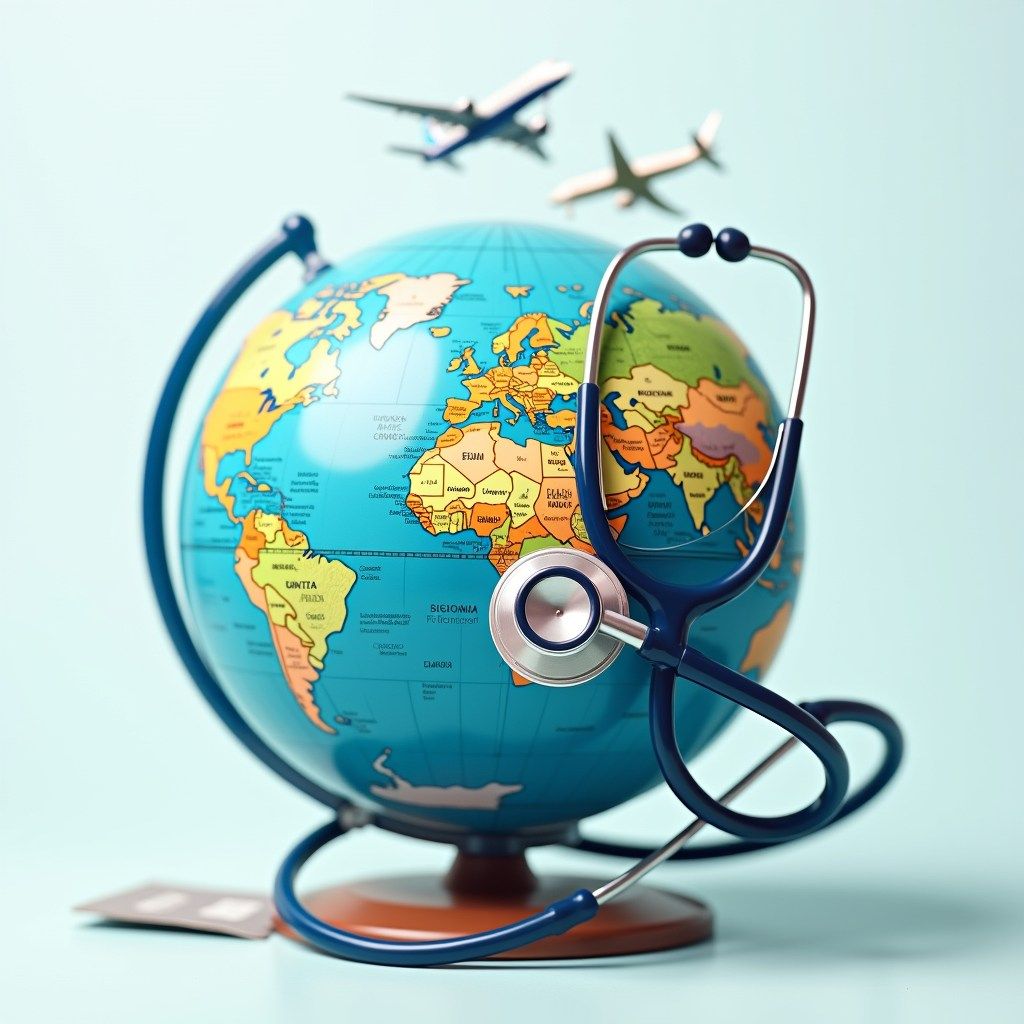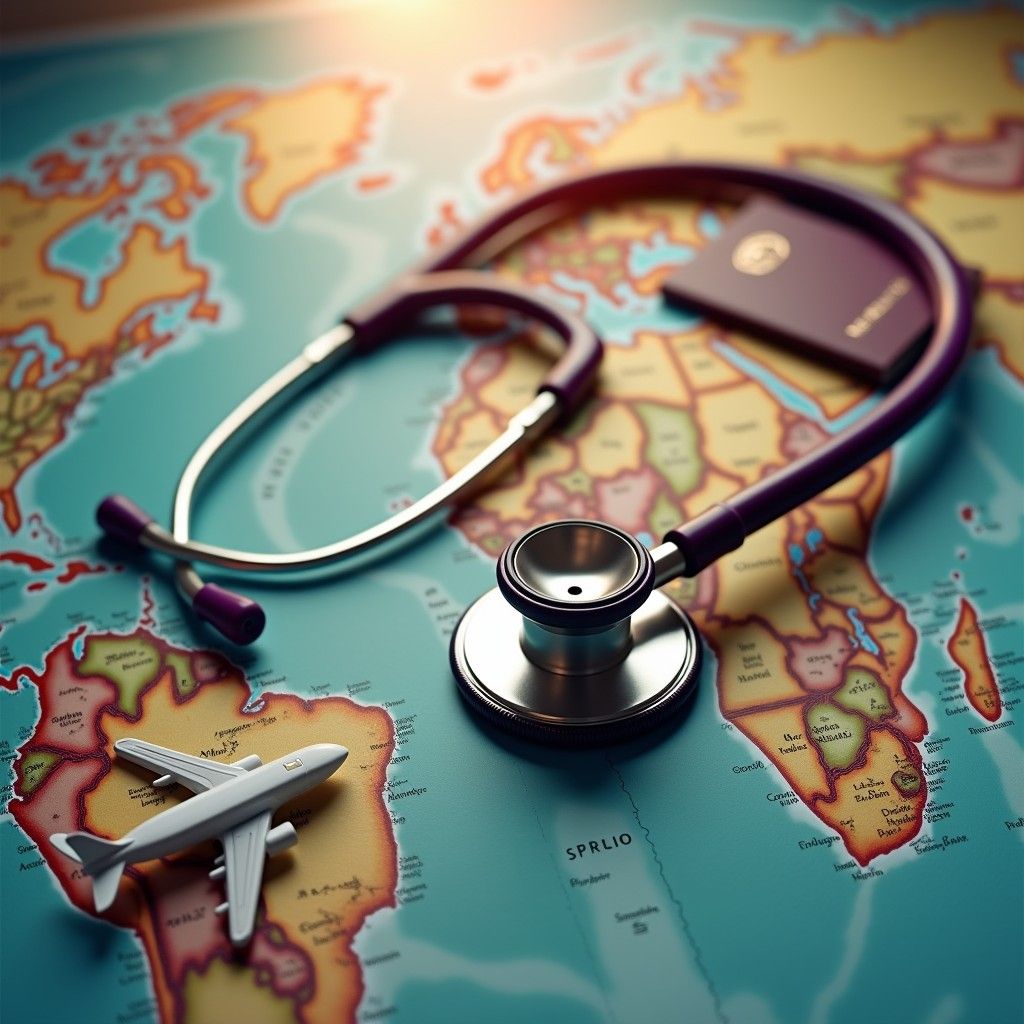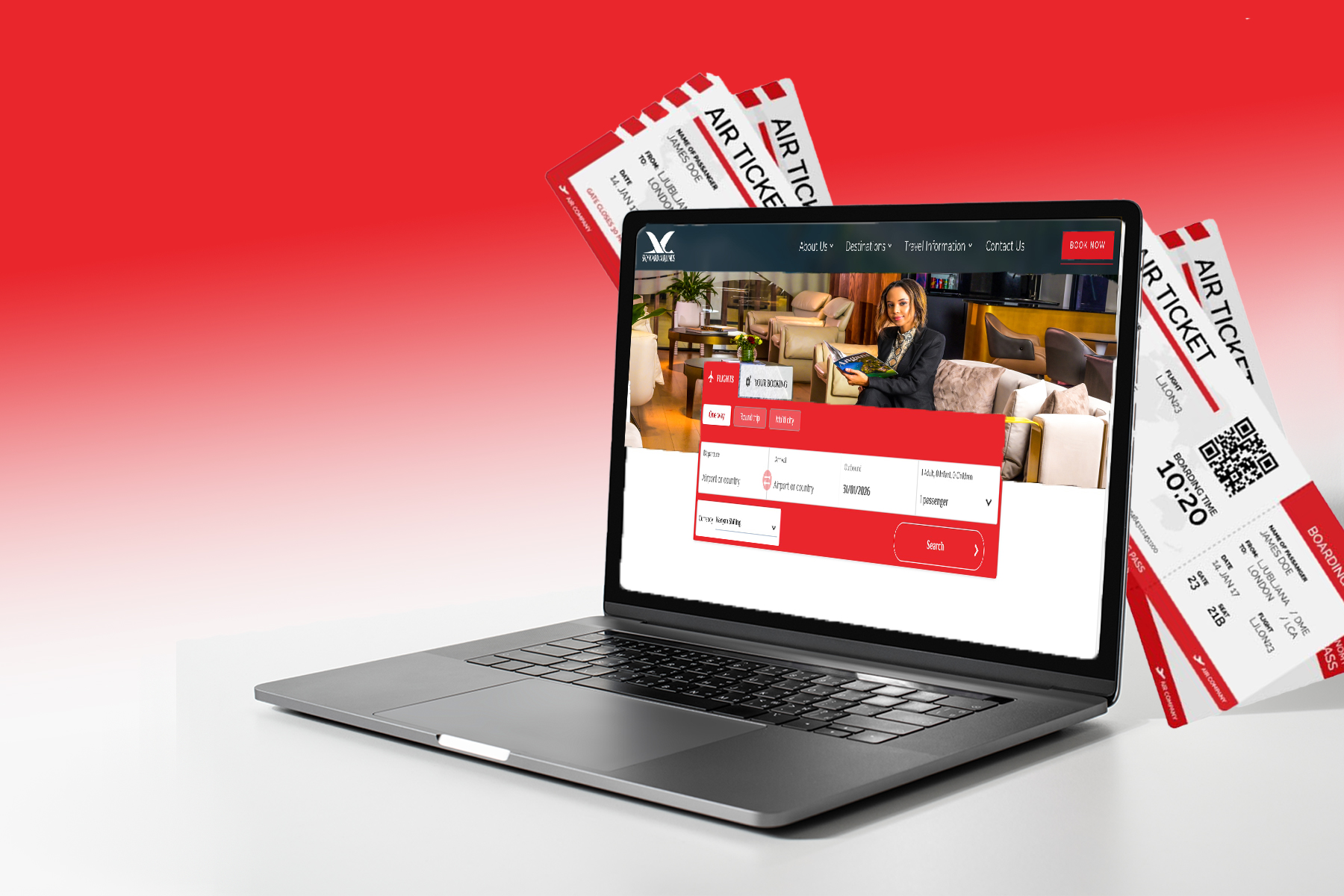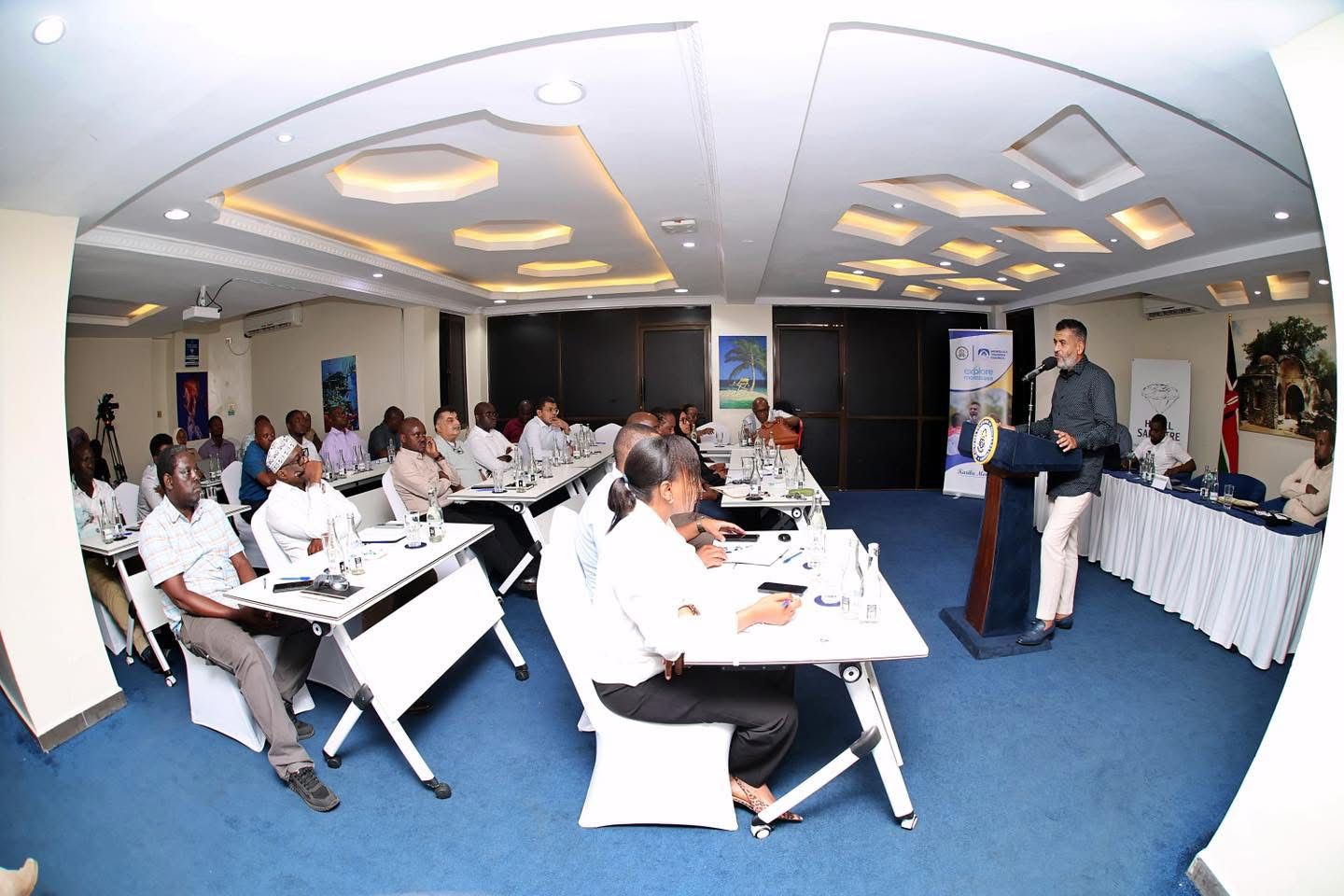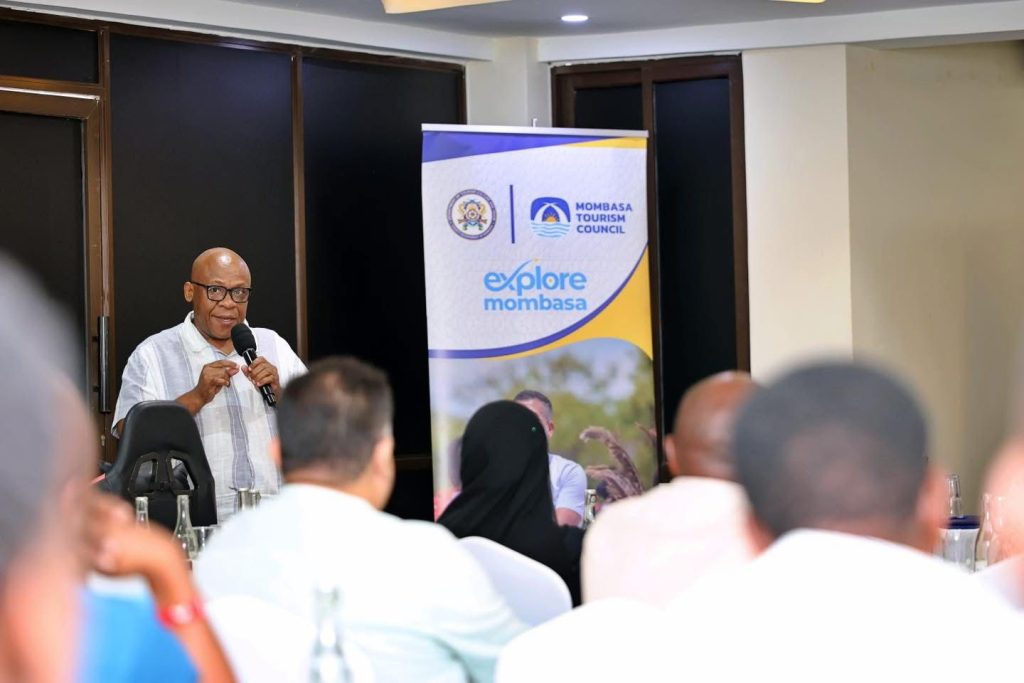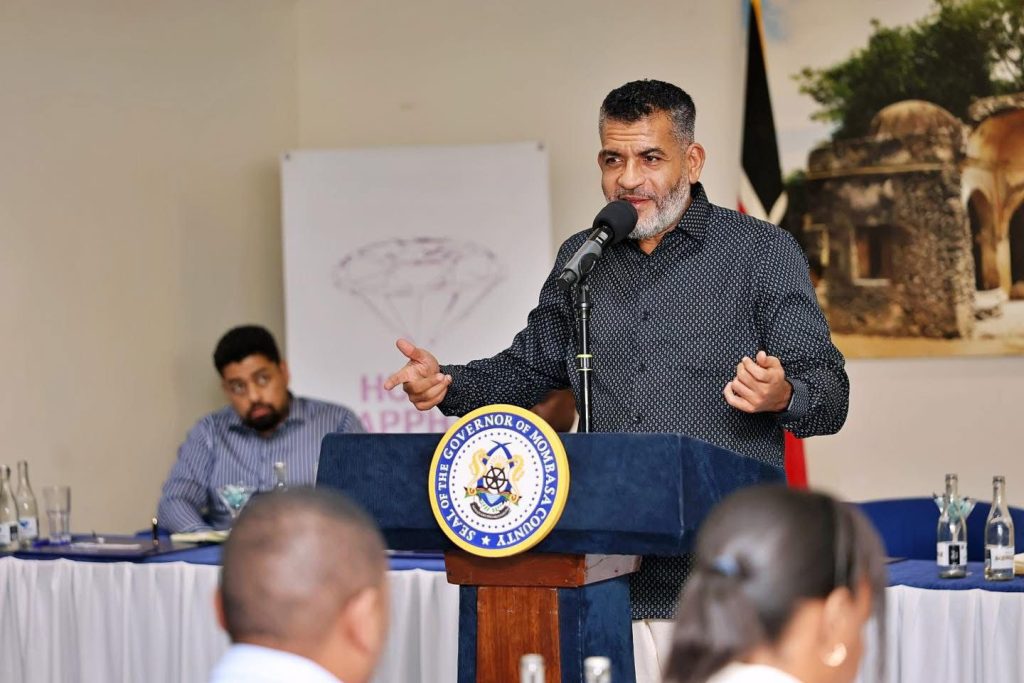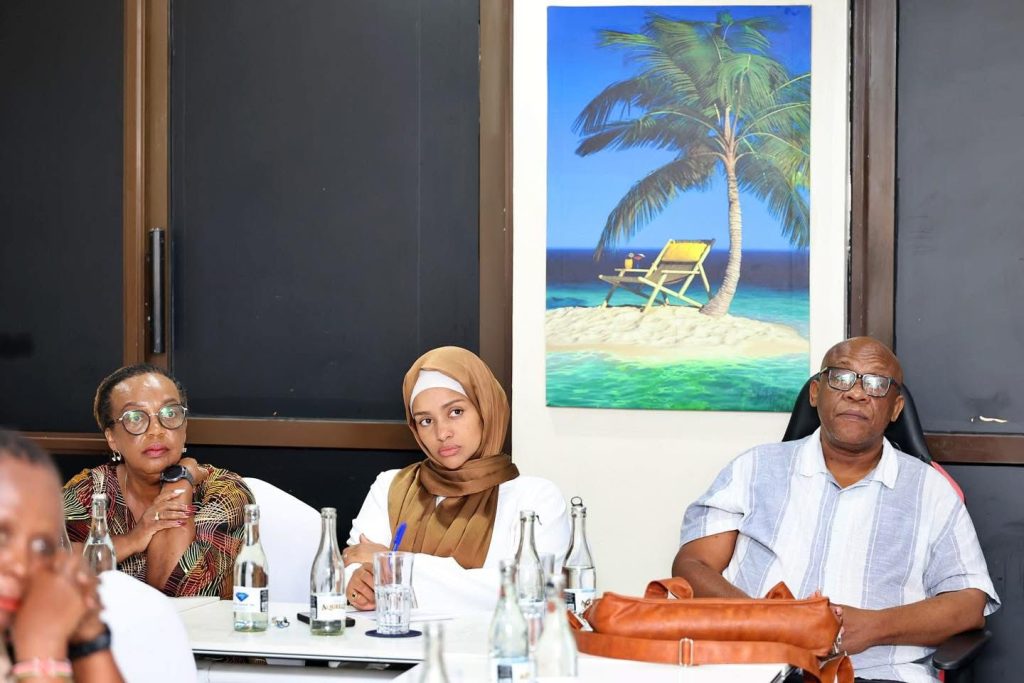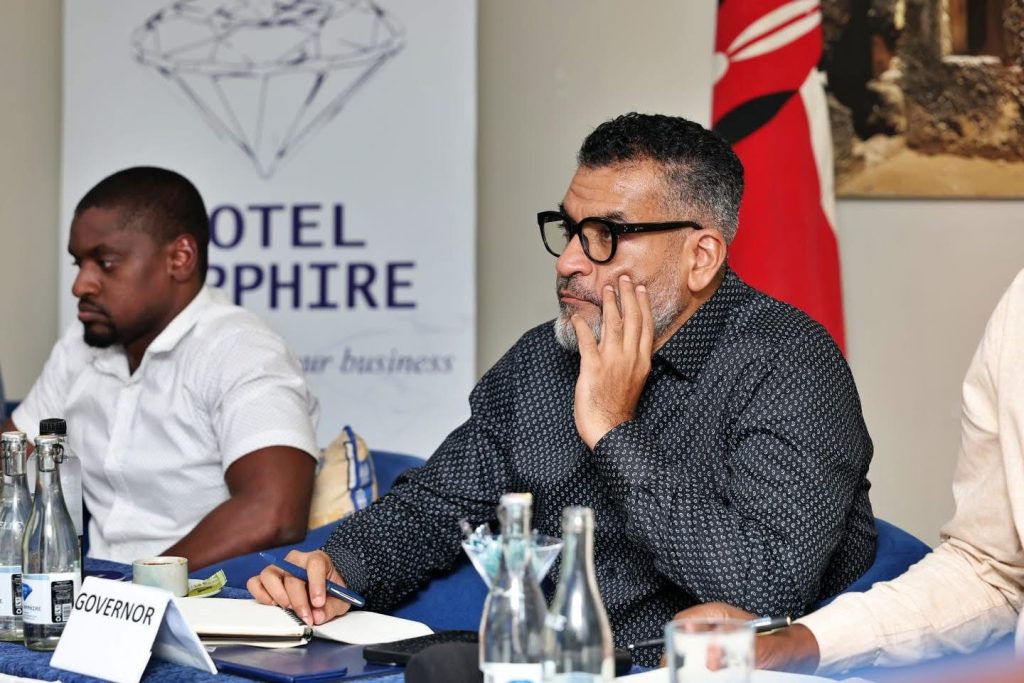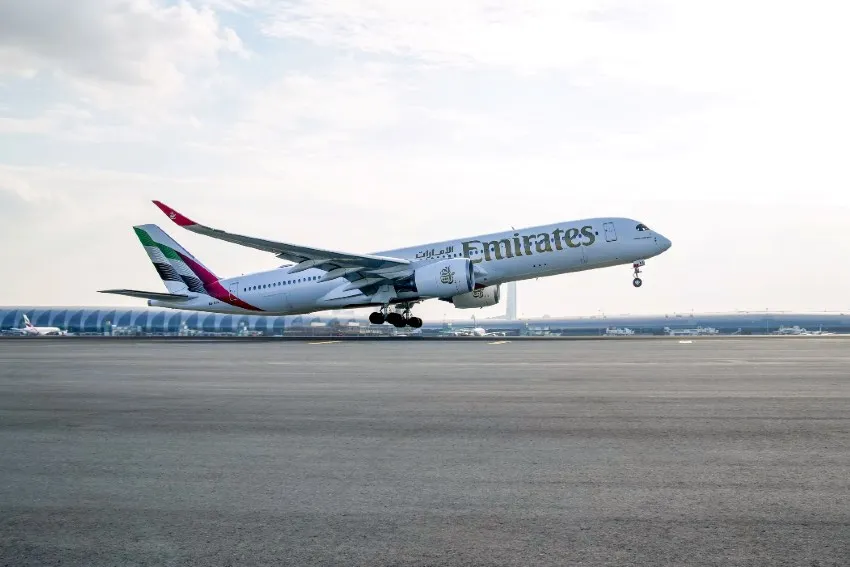Kenya’s ambitious tourism and travel expansion received another boost with the announcement that Skyward Airlines will start scheduled flights to Vipingo Ridge from 13 February 2026, forging a new aerial link between the capital and the North Coast. The service, operating twice weekly from Wilson Airport via Ukunda, marks a strategic shift in how travellers access coastal destinations, at a time when Kenya’s tourism sector is breaking records and expanding its global footprint.
The flights, scheduled every Friday and Sunday, will utilize Skyward’s Dash 8‑200 aircraft, a turboprop seating 37 passengers and suited to short regional hops. While coastal flights historically centred on larger hubs like Moi International Airport in Mombasa, the Vipingo Ridge service brings travellers closer to inland coastal communities, golf estates, and resort facilities that have typically been reachable only by road or charter.
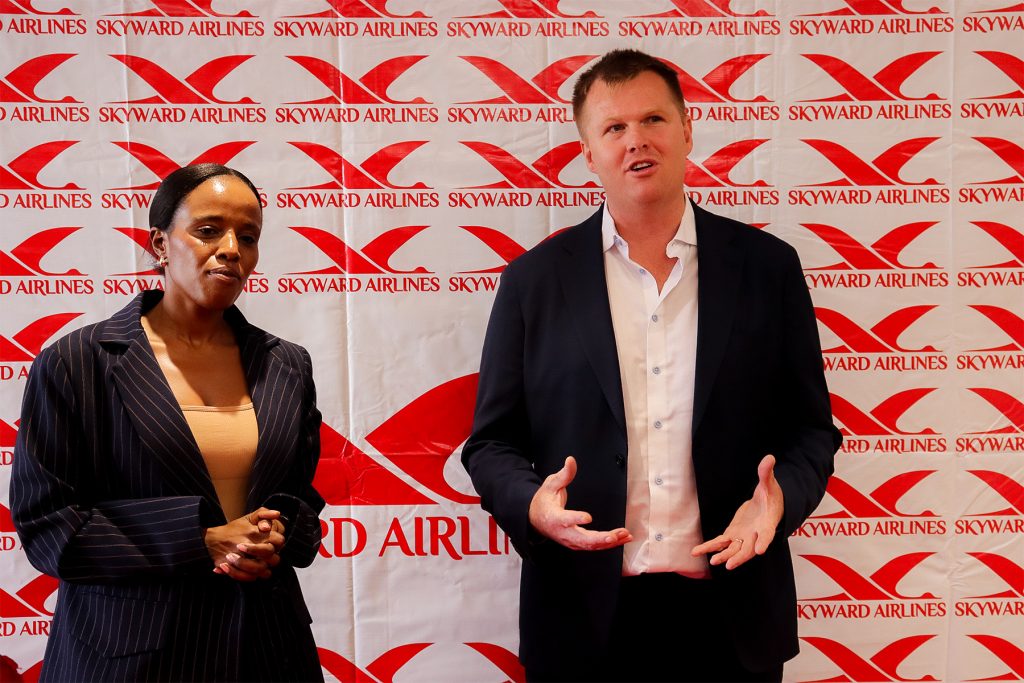
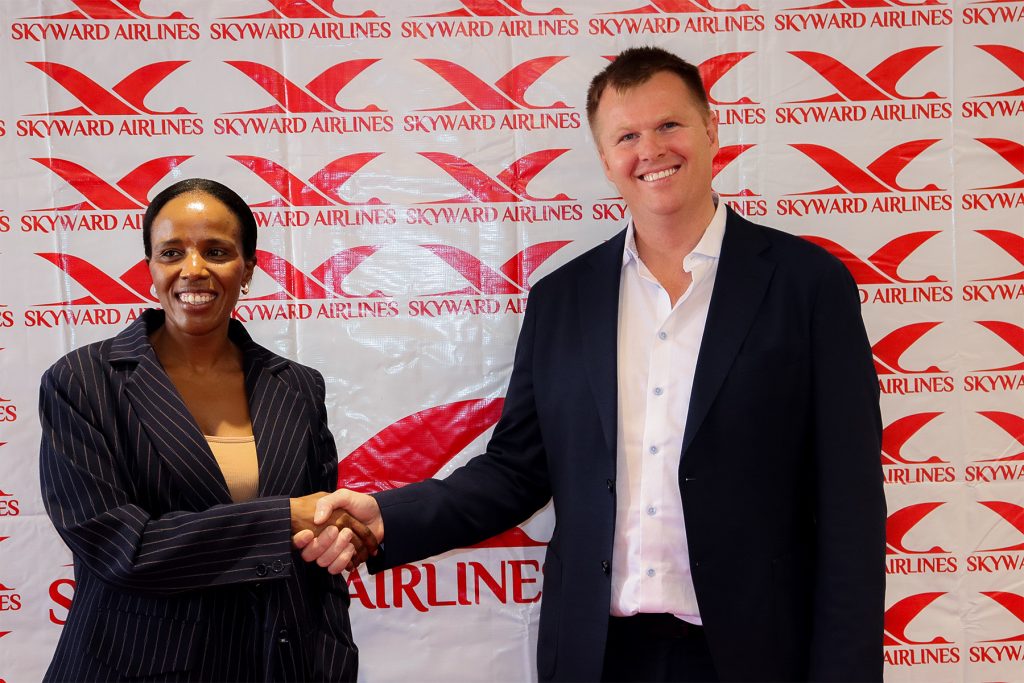
Skyward Airlines General Manager Diana Nyambura framed the new route as transformational for both business and leisure travel. “Vipingo Ridge is more than a destination for the chosen few. This new route connects people, businesses, and places along the North Coast and strengthens links between Nairobi and the region,” she said, echoing the airline’s long-standing “Fly Easy” philosophy that emphasises simplicity, reliability, and customer comfort.
Nyambura’s comment resonates with a broader shift in Kenya’s aviation and travel landscape. Skyward’s newer booking platform, Zenith, launched on 1 February 2026, aims to streamline reservations with real-time availability, integrated seat selection, baggage management, and mobile‑desktop parity — features designed to reduce friction for travel agents and consumers alike. Industry analysts suggest that improved digital booking ecosystems are becoming a competitive necessity as tourists increasingly plan and purchase trips online.
Tourism Growth and Regional Economic Impact
The launch of the Vipingo Ridge route comes at a period of remarkable tourism growth for Kenya. Latest official figures show that Kenya recorded around 2.4 million international arrivals in 2024, a roughly 15 percent increase over the previous year, accompanied by a near KSh 452 billion increase in tourism foreign exchange earnings.
Experts link this rebound to several strategic factors, including aggressive international marketing, product diversification beyond traditional wildlife safaris, and enhancements in digital access, such as e-visa and online booking systems that have lowered barriers to entry.
The North Coast is a pivotal part of these growth dynamics. With pristine beaches, emerging golf and leisure estates such as Vipingo Ridge, and proximity to cultural routes through Kilifi and Malindi, enhancing air access is seen as a way to drive longer stays and higher yields from visitor spending. According to Kenyan tourism economists, every incremental increase in flight connectivity correlates with greater hotel occupancy and spending in peripheral coastal economies, generating jobs across hospitality, transport, and retail.
Faster Travel, Wider Access
Beyond macroeconomic significance, the new flights fundamentally alter travel times for visitors and residents. Road travel from Nairobi to the North Coast can take up to eight hours depending on traffic and conditions, while the direct Skyward service cuts that journey dramatically, bringing travellers into the region in under 90 minutes. The closer proximity to golf facilities, resorts, and regional tourism nodes means that short weekend getaways and business meetings become far more viable for a broader spectrum of travellers.
Vipingo Ridge itself, positioned just 35 kilometres north of Mombasa, has invested in a 1.5-kilometre private airstrip and private terminal, which already accommodates charter operations and selected flights, positioning the community as a gateway to the wider North Coast.
Vipingo Ridge CEO Alex Horsey highlighted the inclusive intent of the initiative: “Air connectivity is a powerful enabler of growth. This partnership opens up the North Coast not just for our residents but for the wider community… Our facilities are designed for everyone — this service truly makes the North Coast accessible.”
A Broader Aviation Ecosystem
Skyward’s expansion fits into a wider evolution within Kenya’s domestic aviation sector, where digital platforms and niche services are becoming more prominent. Carriers are increasingly looking beyond traditional point-to-point routes, experimenting with regional and lifestyle destinations that tap into growing demand for experiential travel.
Locally, airlines have been stepping up digital integration not only to serve passengers but to reduce operational frictions for travel agents, an often overlooked but critical component of distribution. As travel companies evolve into advisory and itinerary‑planning hubs, platforms that blend booking capabilities with agent-centric tools are gaining traction, reinforcing the idea that technology can enhance — not replace — human expertise.
The Skyward‑Vipingo Ridge link may be among the first in a wave of scheduled regional services aimed at decentralising access beyond major airports and enabling travellers to connect more directly with Kenya’s cultural and leisure offerings. With careful integration of flight scheduling, digital booking technology, and collaborative marketing, officials and private sector stakeholders say Kenya is gaining ground on its goal to be a global tourism and business destination — one flight and one itinerary at a time.

